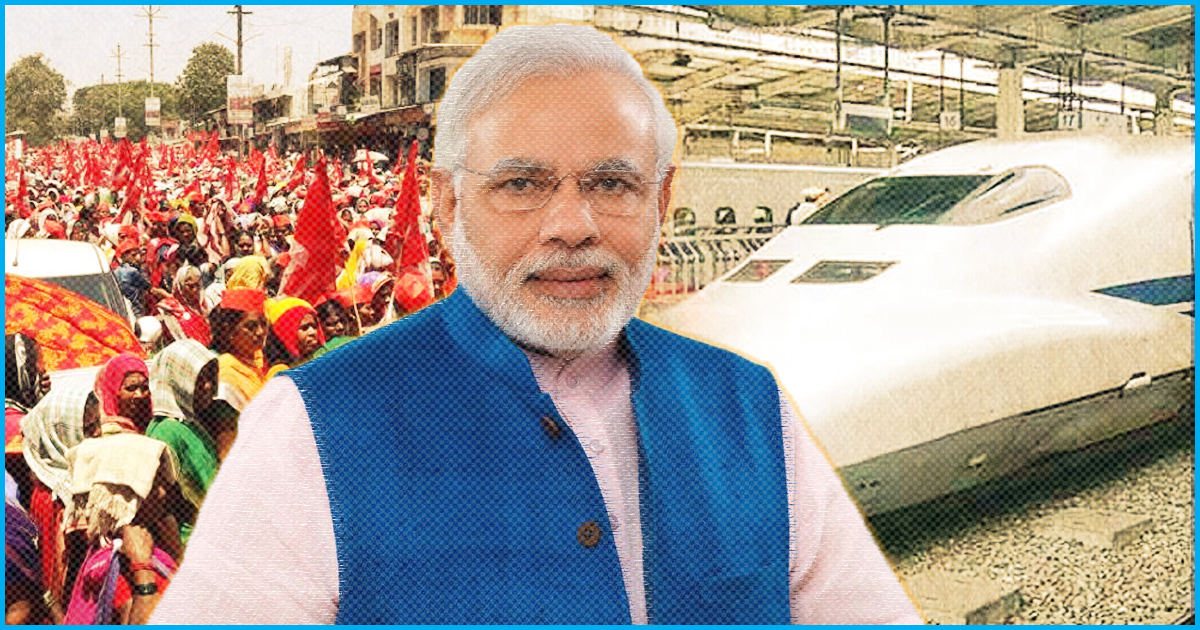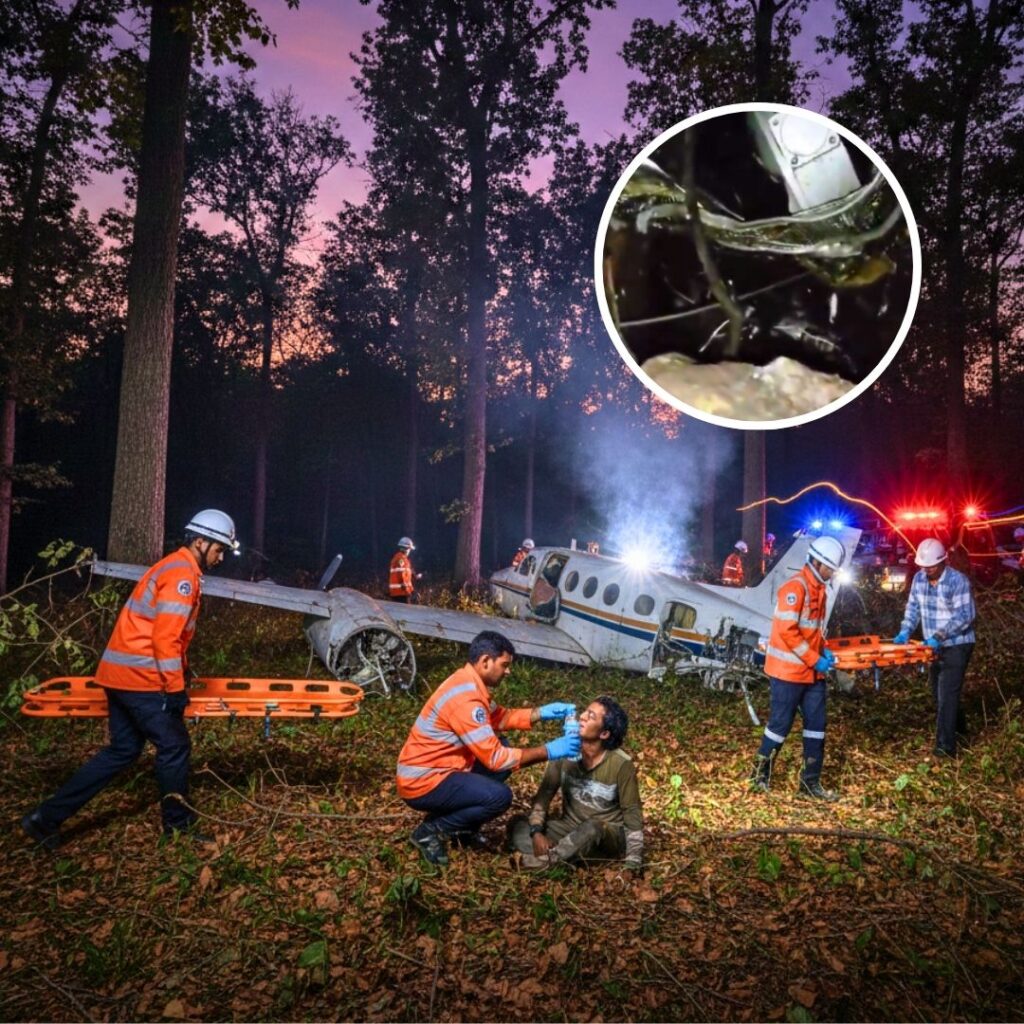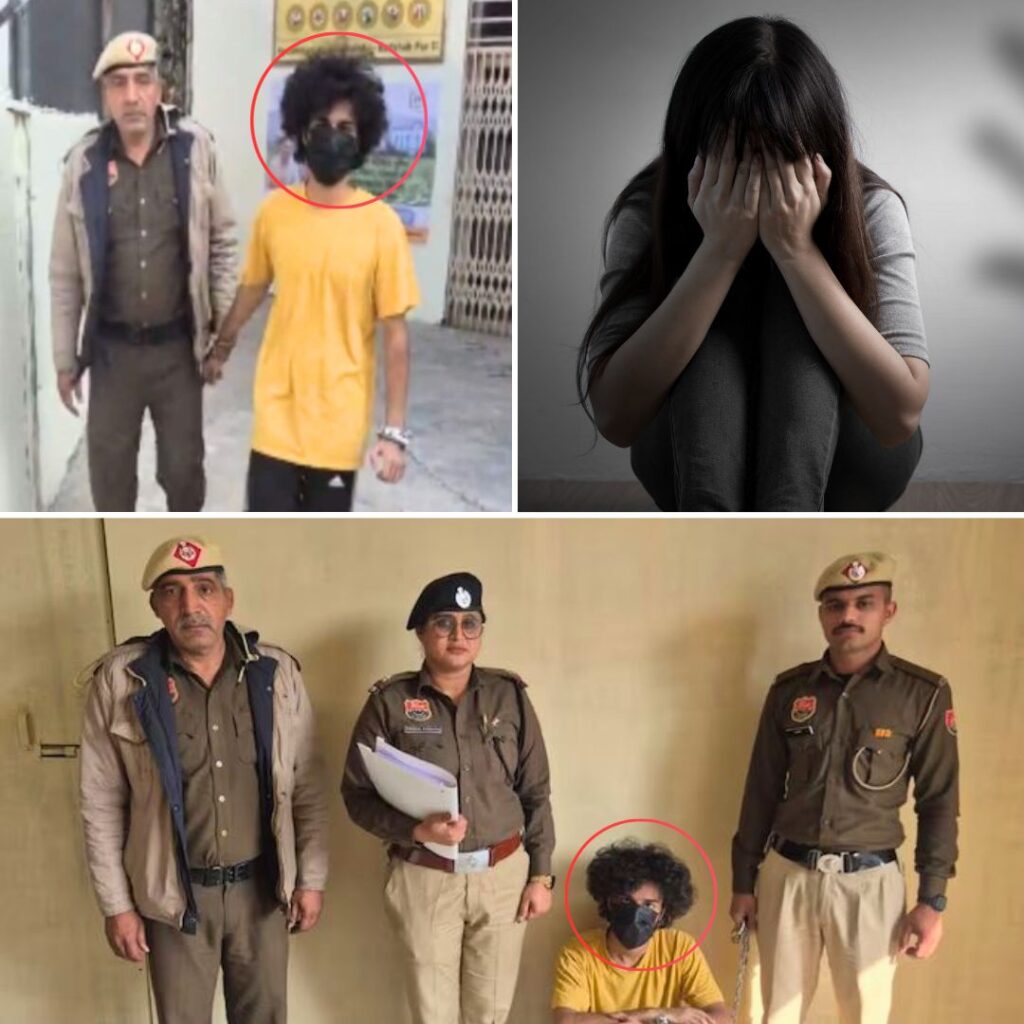The Narendra Modi government has promised the very ambitious Bullet train project in India that will connect Ahmedabad with Mumbai. Not only will this reduce the travel time between the two cities drastically, but it will also leave thousands of helpless farmers landless. The project was launched in 2017 and the deadline was advanced to August 2022 from August 2023.
The Logical Indian spoke in depth about the issue with lawyer Anand Yagnik, who is representing the farmers and is the advocate-on-record for about 60,000 Gujrati farmers.
Did JICA stop funding because of farmers’ protest?
On September 22, The New Indian Express reported that the Japan International Cooperation Agency (JICA) has now refused to release funds citing farmers’ issues. The report further claimed that as of now, the Japanese agency has only released Rs 125 crore out of the agreed amount of Rs 80,000 crore for this Rs 1-lakh crore project.
However, on September 25, the National High Speed Rail Corporation Ltd (NHSRCL), the nodal agency for this project, said in a statement “In fact, the GoI and JICA have already signed a loan agreement of about 10 billion yen and no payment is pending from JICA as on date,” as reported by The Business Today.
Also, The Scroll reported that JICA has also denied stopping any funds for the bullet train project.
Farmers’ concerns
On September 18, 1000 farmers filed an affidavit in the Gujarat High Court raising objections to the Ahmedabad-Mumbai bullet train project and denying Gujarat government’s claim that the farmers were willingly giving up their land. They also approached JICA as its guidelines specifically mention that Social Impact Assessment is mandatory.
Mr Yagnik told The Logical Indian that the state government is tweaking the land acquisition law to make projects exempt from impact assessment and consent and its a bigger issue than just the bullet train project. He added that the way farmers in Gujarat are being deprived of their land is forcing them to think of drastic and unviable solutions. “We Gujaratis are now genuinely thinking of buying land in Jammu and Kashmir,” he remarks.
He further clarifies, “Nobody is fighting against the idea of the bullet train, we are fighting against the illegal land acquisition. I don’t care if people ride the train or not. But in the name of development, lives and livelihoods of thousands of farmers are being destroyed.”
Also, the centre’s silence over this issue even after repeated pleas is concerning. Reportedly, on 18th September, the Gujarat HC has asked the centre to reply to the farmers’ petitions by September 26 and if the centre fails to reply, the court may give some interim relief to the farmers. The Centre in their reply after almost three months, said that “since there is no prayer against the Centre, they would prefer not to comment on the matter. “Is this the reply that High Court was waiting for three months?” asks Mr Yagnik.
On October 2, farmers across Gujarat will protest against the land acquisition. They will hold a demonstration against the Mudra-SEZ, Adani-SEZ, Gir forest illegal mining, acquisition of land from Bhavnagar to Somnath, Delhi-Mumbai industrial corridor, express highway, national highway expansion, expansion between Ahmedabad-Mumbai and the Bullet train project. This protest would be to showcase the plight of the farmers.
Gujarat govt claims farmers “offered their land”
The Gujarat government has stated in its counter to the farmers’ affidavit that “much larger proportion of landowners whose lands are proposed to be acquired (for the Bullet Train project), have offered their lands by consent,” reported The Indian Express.
A farmer in his affidavit (a copy of which was provided to The Logical Indian by Mr Yagnik) said that without his oral or written consent and without consulting with him or offering him any sufficient and adequate rehabilitation and resettlement package, his land was being acquired. “I further declare that I do not want my land to be acquired and I do not want the Bullet train project,” he mentioned in his affidavit.

farmer affidavit
The farmers further said that the acquisition was happening by amending the state’s land acquisition law and negating the provisions of conducting a social impact assessment and consent of the affected families.
When we asked Mr Yagnik that the 2014 land acquisition act says that rehabilitation and resettlement packages would be given to farmers then what is the issue? He replied “If that was the case, then nobody would go to the court, isn’t it? That is why I said that even when the judgement is there, the government refuses to comply with it.”
Anand Yagnik: Lawyer for the farmers
Mr Yagnik revealed that his father used to work as the personal secretary to Ram Manohar Lohia and this upbringing has led him in some way to where he is today. “I have been fighting for the rights of 60,000 farmers and I take pride in the fact that I do so. I am fighting for them and will fight for them till my last breath,” he says.
“After Modi government came to power, between January 2015 to August 2016, they issued one ordinance one after the other to amend Land Acquisition Act 2013. So the amendments were exempted from the consent clause, no rehabilitation and resettlement packages, no food security, and if farmers are still in possession of the land five years after the above, the acquisition act should not be invoked. These could not pass through in Rajya Sabha because BJP did not have a majority then,” Anand mentions.
Explaining the issue, he says that the Land Acquisition Act of 2013 was amended by Gujarat and the Maharashtra state governments as land is concurrent subject. However, he remarks that the amended acts are repugnant as they are not consistent with the spirit of the original model law which promised resettlement and rehabilitation.
In August 2016, the President approved the proposals and the amendments were included by the Gujarat government. The Gujarat government said that Social Impact Assessment is a lengthy, cumbersome and time-consuming process which was difficult to implement. On top of that, in February, they issued a notification in Section 10A and thereby exempted the Bullet train project from consent.
“Just because something is time-consuming, you cannot choose to deny a fundamental right,” says Mr Yagnik. The Gujarat government then said that in place of the resettlement and rehabilitation (RnR) package, they were willing to pay an additional 50% to the farmers. However, the Land Acquisition Act of 2013 says that money is not a substitute for RnR.
He adds, “They never took into consideration equality and rationality.”
Now the same problem also arises with JICA. According to Mr Yagnik, they said that RnR is must along with monetary compensation so that the farmer does not feel after the acquisition that he has lost in the name of development. They feel that a farmer should feel that he has also gained.
Mr Yagnik informs us that there is another legal flaw as the Land Acquisition Act says that the Central government is supposed to take responsibility for a project that passes through two states. Now the same ordinances and amendments have also been accepted by the Maharashtra state government on April 2018. The fact of the matter is that it is a project of the Central government and the Centre is allowing states to go ahead with their own amended legislation. Anand says, “It is a malicious exercise of the Central government in tandem with the state government.”
Not only would the livelihoods of thousands of farmers be affected but so many villages, families, houses, hospitals and schools will have to change its way of functioning because of the Bullet Train Project.
“Every elected government is supposed to comply with the Rule of Law. Now every government that comes they decide whether they would comply with the laws that help the farmers or not. They would side with the pleas of the farmers or they would go ahead with the acquisition. Now, they decide on their own that they will not follow the law, that should not happen, right?” with this question, he leaves us wondering as to who is supposed to safeguard the interest of the farmers.
He adds, “Hukum nahi badalta, hakim badalte hain” (the oppression remains, just the oppressor changes).
Also Read: Gujarat: 5,229 Farmers Request Mass Euthanasia To Protest Land Acquisition












